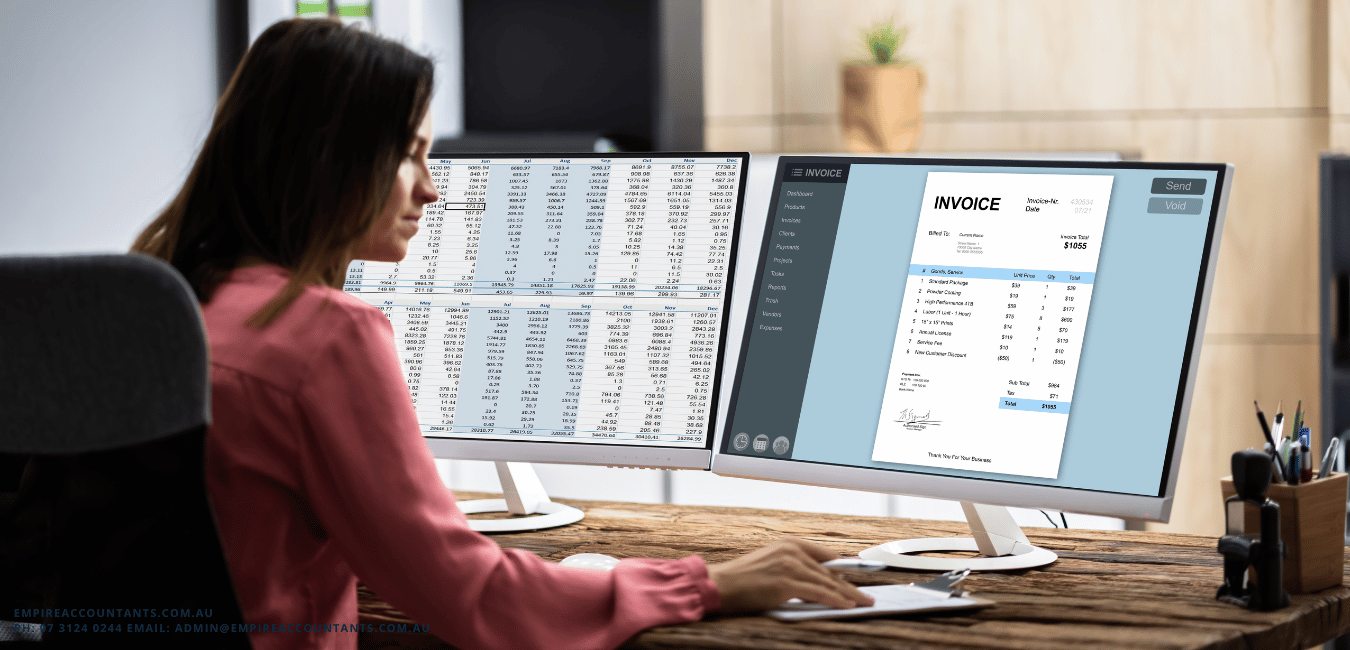Common Accounting Mistakes To Avoid: Small Business Owners & Bookkeepers
Posted 19 Oct '23

Posted 19 Oct '23

Accounting is the lifeblood of any business, big or small. Small business owners often wear many hats, including that of bookkeeper and accountant. While managing your company’s finances can be challenging, it’s crucial to avoid common accounting mistakes that can lead to financial turmoil, legal issues, and missed opportunities for growth. In this blog, we’ll discuss some of the most prevalent accounting mistakes and how to avoid them.
Mixing personal and business finances is a perilous tightrope that many small business owners and freelancers find themselves walking. This practice not only complicates accounting but can also trigger legal and tax complications. The simplest way to avoid this is through establishing a dedicated business bank account and using it exclusively for business transactions.
Misclassifying expenses can lead to financial misrepresentations and tax discrepancies. Here are some classic examples:
Bank statements, while essential, are more often than not insufficient to substantiate expense claims in the ATO viewpoint. Business owners should maintain comprehensive records for at least five years, including receipts. These records should cover all business-related financial transactions, such as sales, purchases, and asset acquisitions. There are some amazing systems out there to help with the management of this such as Dext & Xero. Better yet, take some time to reach out to our friends at Empire Bookkeeping who can guide you through efficient and tailored solutions for this.
Regularly reviewing financial reports is vital. Income statements, balance sheets, Profit & Loss, and cash flow statements offer valuable insights into your business’s financial health and guide you in making informed decisions.
When personal funds are used for business expenses but aren’t accurately accounted for, it becomes challenging to assess the true financial status of your business. This can result in inflated profits and missed tax deductions. Ensure all expenses are properly recorded and reimbursed to personal accounts if necessary. Circle back to point 1 – establish a business bank account and use it exclusively for this!
As a business owner, you will fundamentally understand accounting and tax principles. However, complex financial matters may demand professional assistance. Don’t hesitate to engage a specialised small business accountant (like Empire!) when confronting financial issues or navigating changing tax laws. An investment in an Accountant’s expertise can save you time, money and any potential legal complications over the long term.
In summary, being aware of these common accounting mistakes is a cornerstone for your business’s financial success. By establishing sound accounting procedures and reaching out for professional assistance when the need arises, you’re not just avoiding missteps; you’re also setting yourself up for success.
Don’t wait – reach out to Empire Accountants today and take the first step toward financial success.
.jpg)
For Not-for-Profit (NFP) entities, understanding and adhering to new requirements can be a daunting task, especially with the ever-evolving regulatory landscape.

Let’s break down director loans, how they affect your business, and what you can do to avoid common pitfalls. By following this article, you can understand more about Director's loans and why its so important it's done right so you don't land yourself in hot water with the ATO!

In this blog, we’ll walk you through the key criteria for qualifying for the FBT exemption, the costs that can be included, how to handle electricity expenses for charging, what you need to know about charging stations, and some common pitfalls to avoid as a business owner.